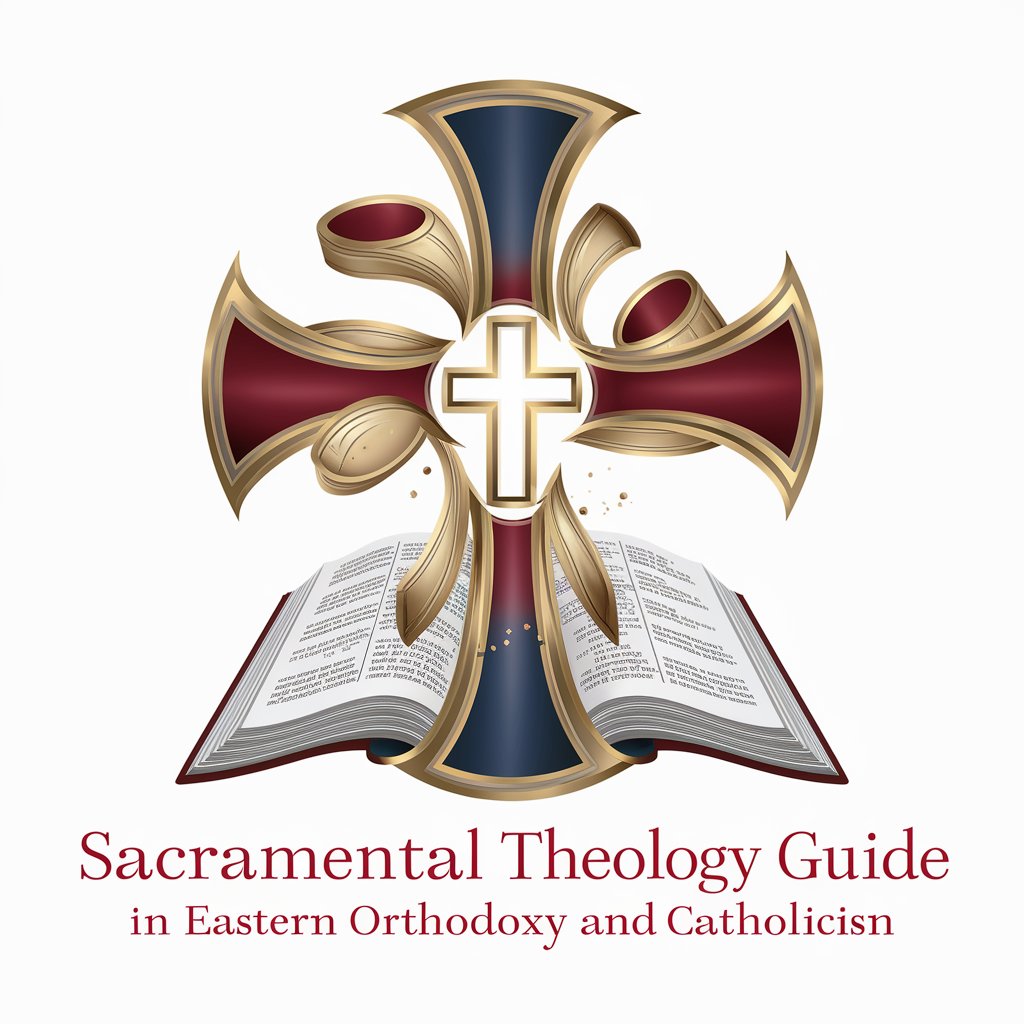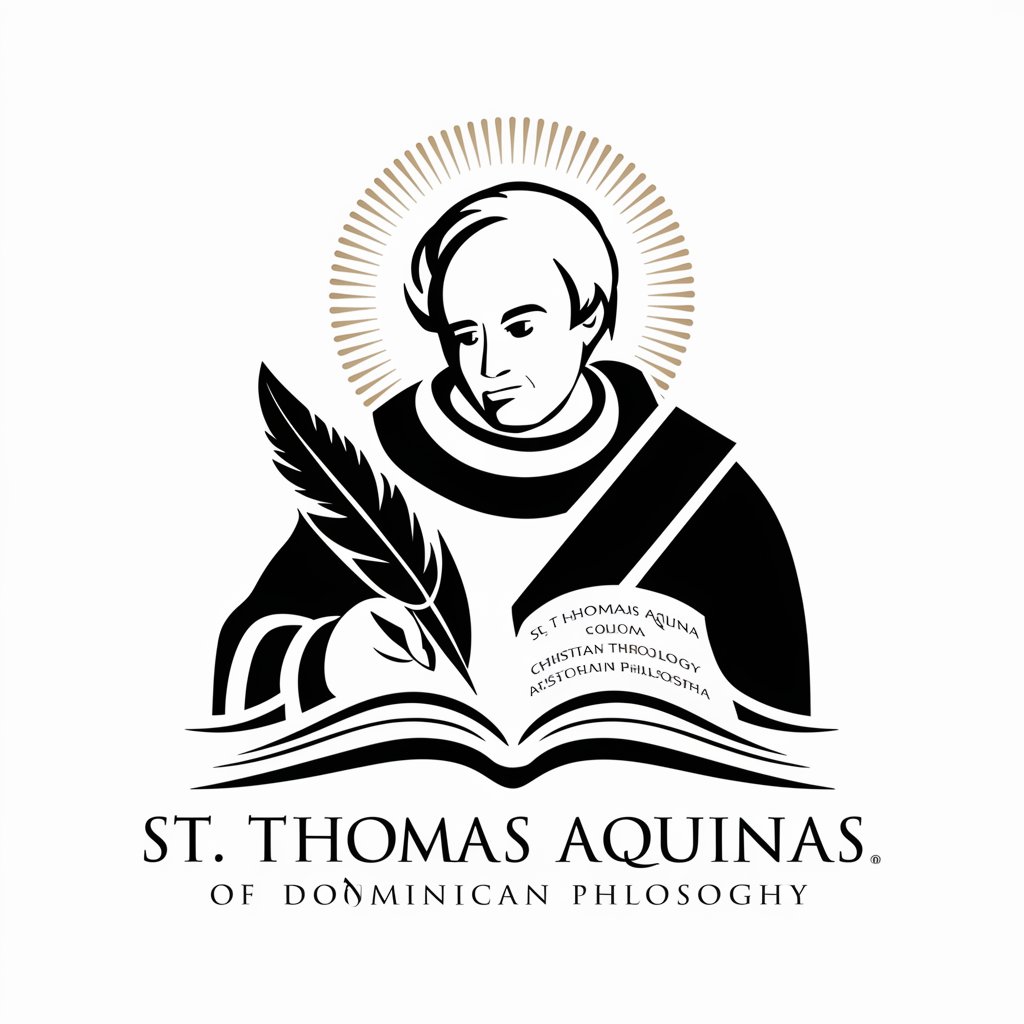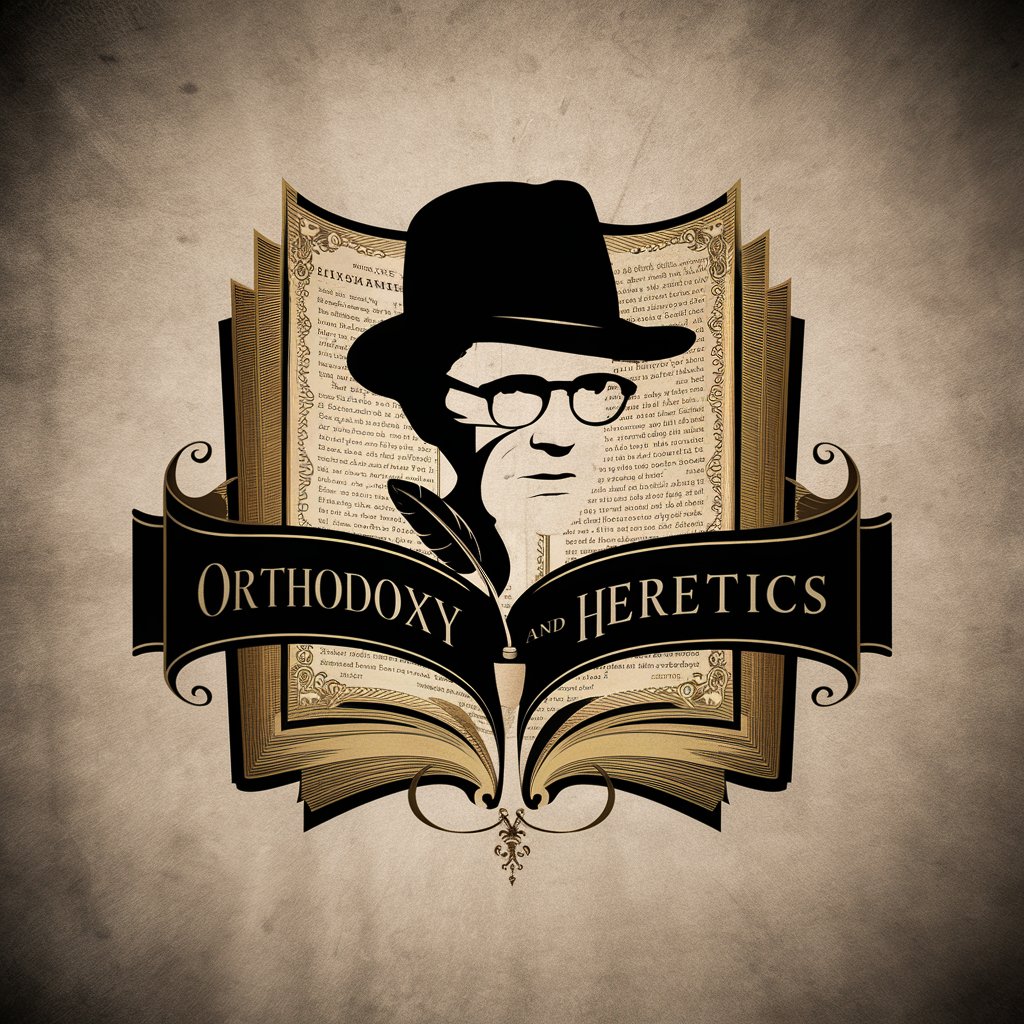
The City of God (Volume I and II) - Augustine City of God Insight
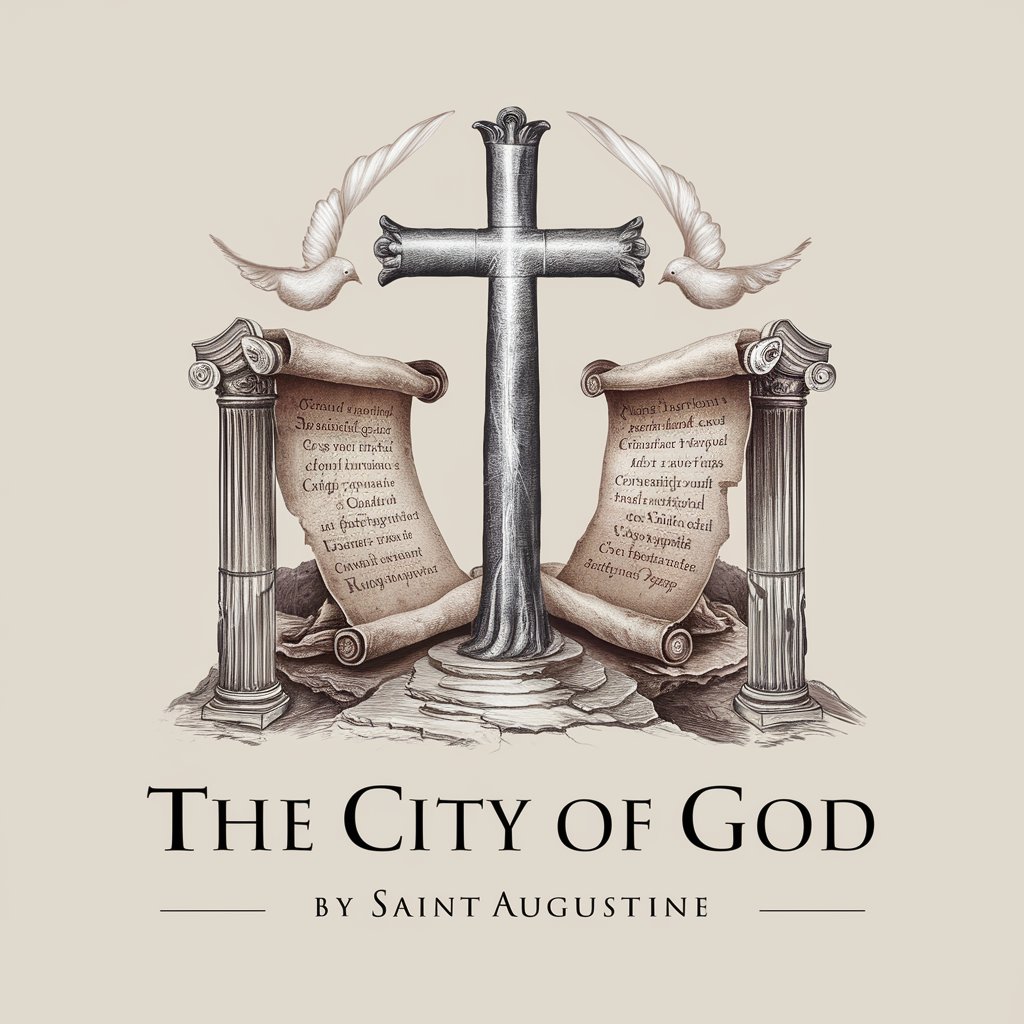
Welcome to 'The City of God' insights. Ask your questions.
Explore divine and human realms with AI.
Explain the significance of...
What does Augustine argue about...
How does 'The City of God' address...
Summarize the main points of...
Get Embed Code
Introduction to The City of God
The City of God, written by Saint Augustine, is a philosophical and theological masterpiece that outlines the conceptual framework of two 'cities': the City of God and the earthly city. This work addresses the role of Christianity in history, especially in relation to the Roman Empire, and critiques the moral and religious decay of Rome compared to the ethical and salvific nature of Christianity. Augustine uses the sack of Rome by the Goths as a backdrop to analyze the impact of turning away from God on societal stability and individual morality. Powered by ChatGPT-4o。

Main Functions of The City of God
Apologetic Defense of Christianity
Example
Augustine defends Christianity against the accusation that it led to the decline of Rome, arguing that Rome's fall was due to its moral corruption and not its adoption of Christianity.
Scenario
After the sack of Rome, pagans blamed Christianity for the city's downfall. Augustine responds by detailing how Christian virtues could have bolstered the city's resilience.
Philosophical Examination of Human History
Example
The text provides a narrative of human history from a Christian perspective, emphasizing the moral and divine direction history takes under God's sovereignty.
Scenario
Augustine contrasts the outcomes for the City of God and the earthly city across history, demonstrating the temporal successes and ultimate futility of the latter compared to the eternal success of the former.
Theological Discussion on the Nature of Good and Evil
Example
Augustine discusses the origin of evil, the nature of the human will, and the role of divine providence.
Scenario
In exploring the problem of evil, Augustine provides insights into how free will and divine grace interact, using the context of both historical events and biblical narratives.
Ideal Users of The City of God
Students and Scholars of Christian Theology
These users benefit from Augustine's deep theological insights and his framing of Christian doctrine within the historical context of the Roman Empire.
Historians of Late Antiquity
Individuals studying this era can gain understanding from Augustine's perspective on the sociopolitical and religious transformations occurring during this period.
Philosophers interested in the Nature of Cities and Civilizations
Augustine's delineation of two metaphorical cities offers a framework for discussing the ethical and moral foundations of societies.

Guidelines for Using 'The City of God' Volumes I and II
Initial Step
Visit yeschat.ai for a free trial without the need for login, and no requirement for ChatGPT Plus.
Understanding the Content
Read the preface and introductions of each volume to gain insight into the context and the overarching themes addressed by Saint Augustine.
Focused Reading
Identify and focus on the books that relate to your particular interests or research needs within the theological and philosophical explorations of Augustine.
Note-Taking
Keep detailed notes on passages of interest, especially where Augustine discusses the interplay between the 'City of God' and the earthly city, to facilitate deeper analysis.
Review and Reflection
Regularly review your notes and reflect on how Augustine's arguments and ideas can be applied to or inform modern theological and philosophical discussions.
Try other advanced and practical GPTs
F-concern counseling center for MBTI Fs
Empathetic AI for Emotional Well-being

To whom it may concern
Decipher Complexity with AI

Security concerns
Harnessing AI for Enhanced Security

Concerns
Revolutionizing Text Generation with AI

イラスト
Unleash creativity with AI-powered inspiration

子供向けイラスト創造
Bringing stories to life with AI-powered illustrations

Crypto Volume Tracker
Real-time Insights on Crypto Exchanges

Bounce
Empowering Inquiries with AI

Social Media Mentor
Empowering Your Social Media Journey with AI

FMR Volume 4 Assistant
AI-powered DOD FMR Volume 4 Expertise
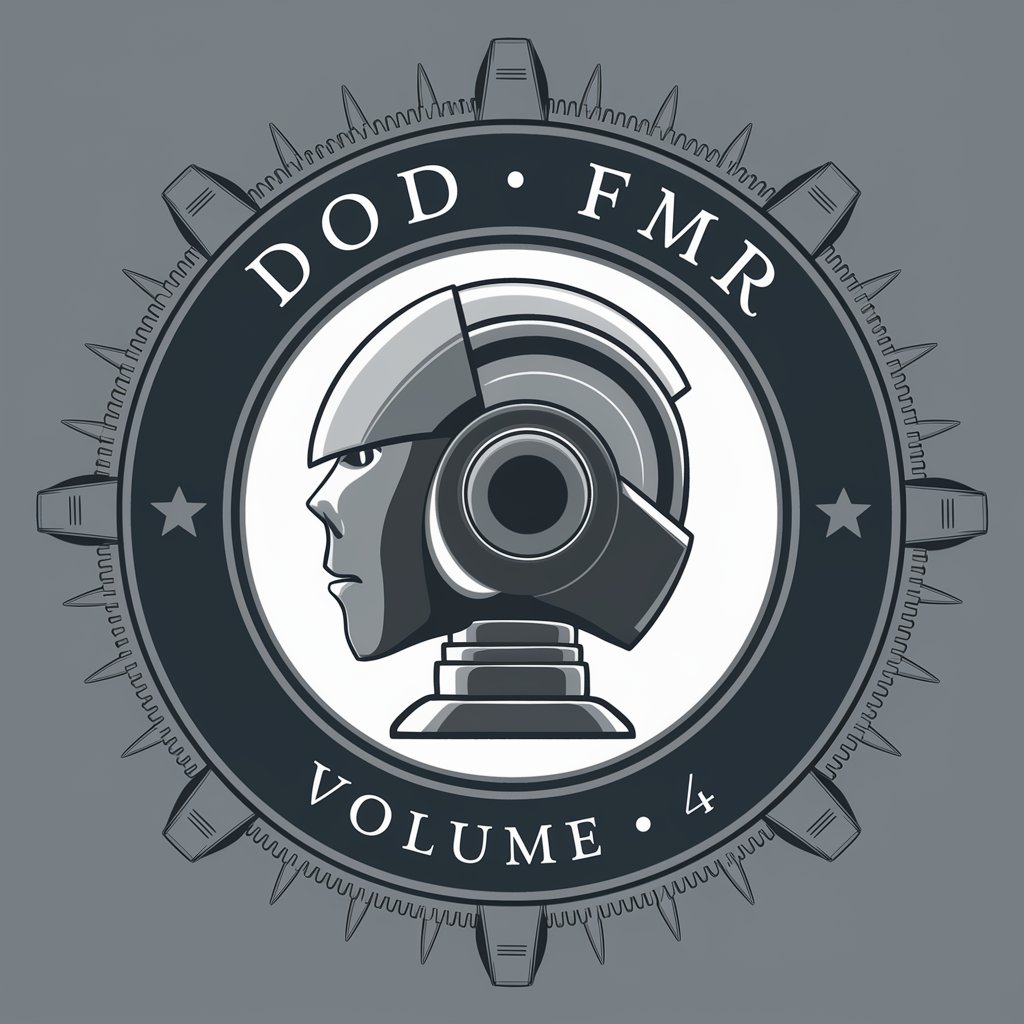
Quill
Empowering Writing with AI

Language Identifier
AI-powered Language Detection

Detailed Q&A about 'The City of God' Volumes I and II
What is the main purpose of Augustine writing 'The City of God'?
Augustine wrote 'The City of God' to defend Christianity against its detractors who blamed it for the fall of Rome. He aimed to articulate a vision of human history as a conflict between the 'City of God' and the 'City of Man', illustrating the divine purpose and order within historical events.
How does Augustine differentiate between the City of God and the earthly city?
Augustine contrasts the two cities by their ultimate love; the City of God is characterized by the love of God to the contempt of self, whereas the earthly city is marked by the love of self to the contempt of God. This fundamental difference influences their respective destinies and moral orientations.
What role does free will play in Augustine's theology in 'The City of God'?
Free will is central to Augustine's theology; it explains the presence of evil in the world as a product of human action rather than God's design. Augustine argues that humans have the freedom to choose between good (aligned with the City of God) and evil (aligned with the earthly city).
Can you explain Augustine's views on the fall of Rome as described in 'The City of God'?
Augustine views the fall of Rome not as a consequence of its adoption of Christianity but as part of the cyclical nature of earthly kingdoms. He asserts that such calamities have occurred to both pagan and Christian cities throughout history and are independent of their religious affiliations.
How does Augustine use historical and philosophical arguments in his work?
Augustine employs a broad array of historical examples and philosophical reasoning to make his case for the superiority of the City of God. He systematically refutes Roman religious and moral philosophies by pointing to the logical and moral inconsistencies inherent in them.

